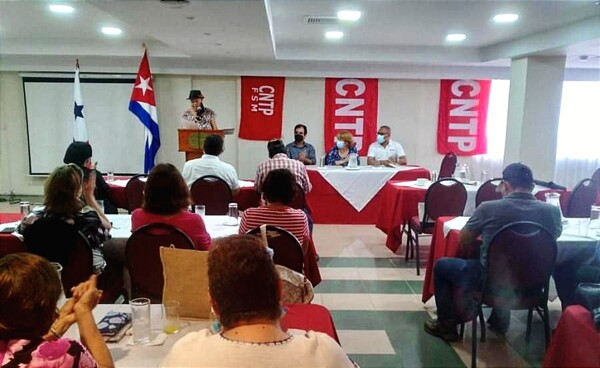
A recent technical document prepared by the Inter-American Development Bank (IDB) has scrutinized the risk of natural disasters and climate change in the urban public transport system of Panama City. This study primarily focuses on the potential repercussions of flooding and heatwaves, evaluating in detail the threat, exposure, and vulnerability of transportation stops.
The analysis highlights the importance of understanding and addressing the challenges faced by the urban transport system in the face of extreme events and climate change. In particular, it emphasizes the need to strengthen the resilience of transportation infrastructure and services, considering both direct and indirect impacts that may arise from these situations.
According to the IDB report, flooding represents one of the main threats to the public transport system in Panama City, which can result in service disruptions, damage to infrastructure, and risks to user safety. Likewise, heatwaves are also identified as a risk factor, especially in terms of the comfort and well-being of passengers and transport operators.
In the words of the IDB representative in charge of the study, "It is essential to design comprehensive strategies that allow us to reduce the vulnerability of the urban transport system to extreme weather events. The planning and implementation of adaptation measures are crucial to ensure the continuity and safety of public transport services in Panama City."
In conclusion, this analysis underscores the importance of considering the risk of disasters and climate change in the design and management of the urban transport system in Panama City, emphasizing the need for concrete and coordinated actions to strengthen the resilience and sustainability of this vital infrastructure for the mobility of the population.












